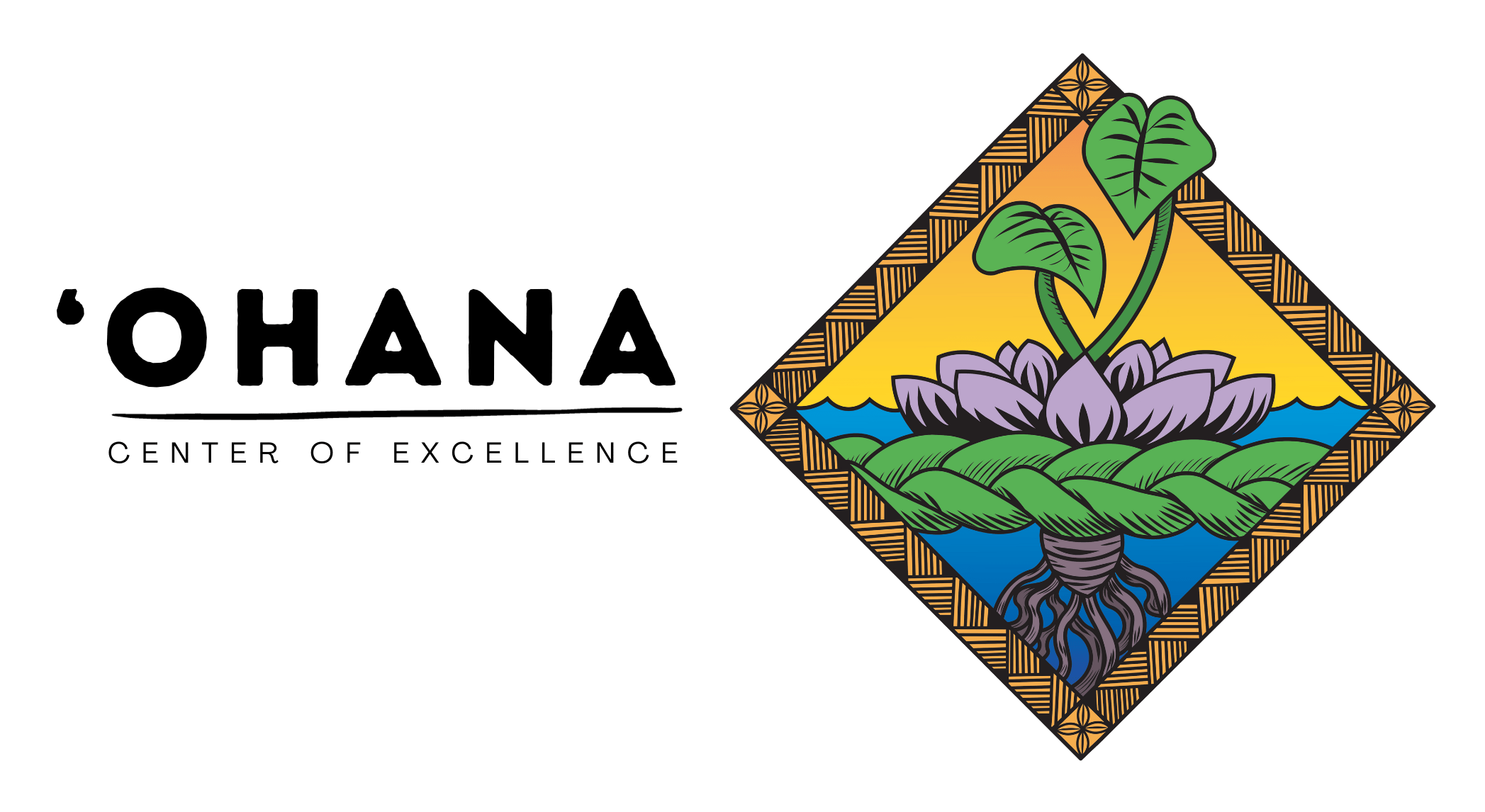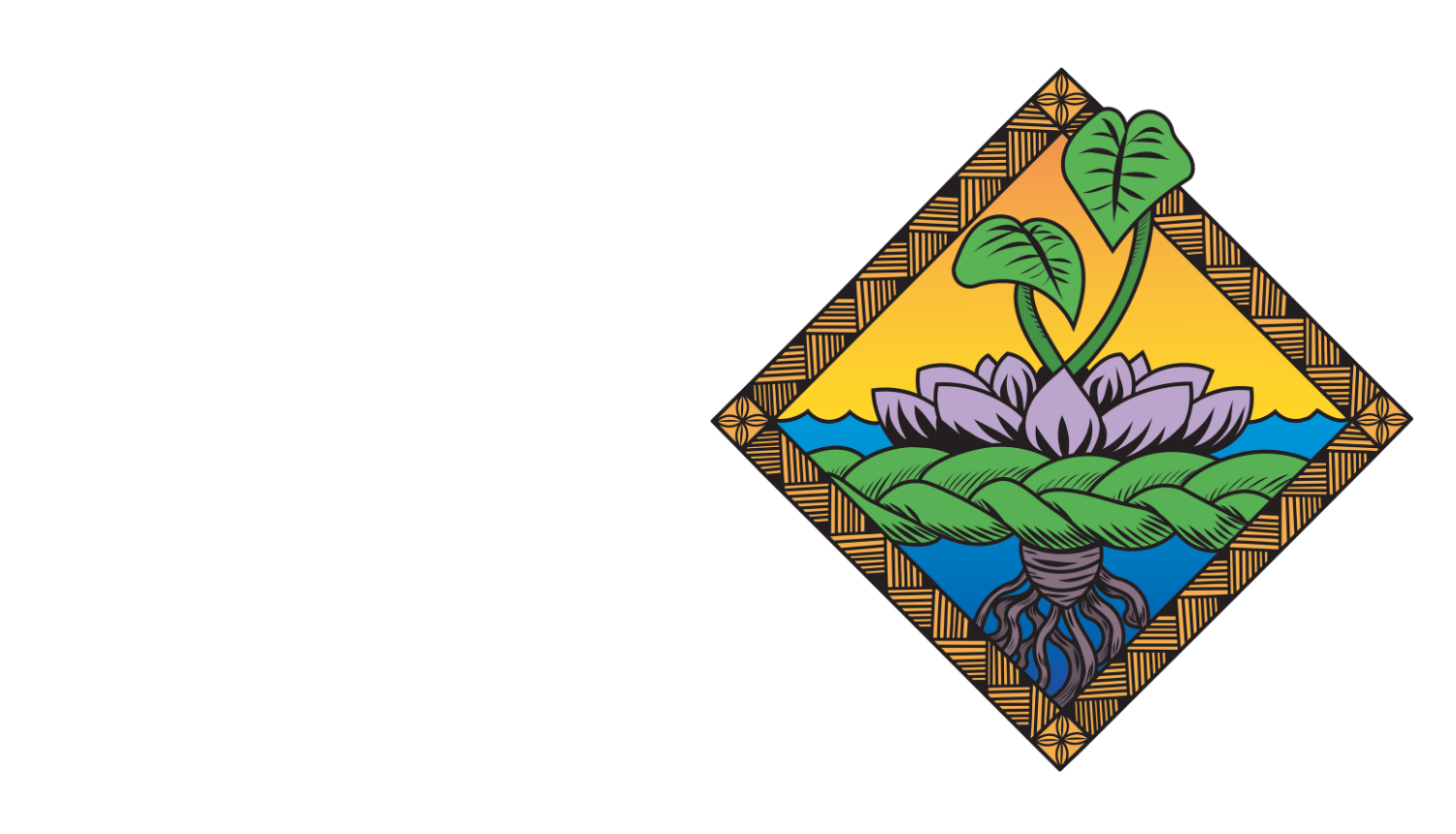Co-authored by Kathleen Wong(Lau), Ph.D., Joanne Rondilla, Ph.D., and Lilinoe Kauahikaua, MSW.
The ‘Ohana Center of Excellence on Behavioral Health for AANHPIs (Asian American, Native Hawaiian, and Pacific Islander communities) is now in its second year. As we celebrate Asian American, Native Hawaiian and Pacific Islander Heritage Month, it is time to reflect on our past, present, and future.
Initiatives for AANHPIs often center Asian Americans. Native Hawaiians and Pacific Islanders are invited, only as cultural performers or are completely erased.
Simple inclusion does not mean everyone is treated fairly. The term “Pasifika” can help us understand that Native Hawaiians and Pacific Islanders are different from Asian Americans in their histories of exclusion, colonization, and cultural strengths.

Asian Americans have had a long history of exclusion in this country. Comparatively, more resources have been allocated to this community because they are larger in number and colonial processes have historically erased Indigenous peoples. Grouping AANHPIs together often means the unique challenges of Native Hawaiians and Pacific Islanders remain neglected. The ‘Ohana Center of Excellence recognizes that sheer numbers do not tell the story of entire communities.
Our decolonial approach has driven us to incorporate cultural and historical specificity into our community work. This serves to continually disaggregate Asian American, Native Hawaiian, and Pacific Islander ethnic groups to understand their specific needs. This focus is beneficial to all work centering AANHPIs.

We are committed to continually breaking down and adjusting our center’s design, projects, relationships, and organization to address the unfair distribution of resources and lack of representation and visibility for Native Hawaiians and Pacific Islanders in behavioral health. We take seriously, the NHPI in AANHPI.









